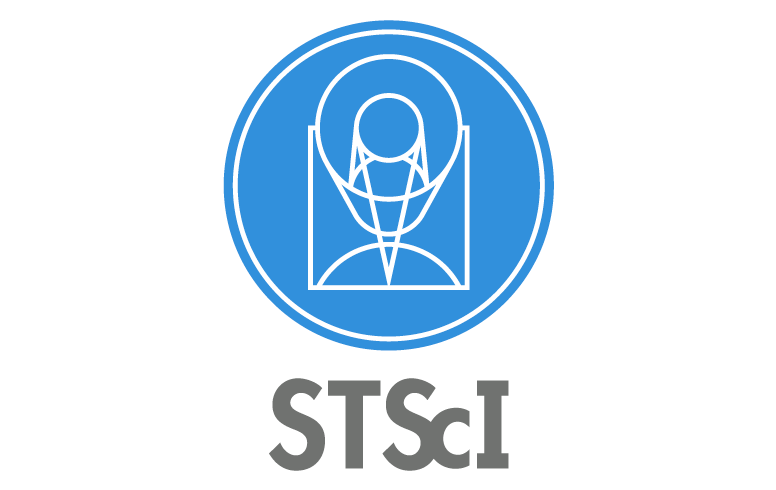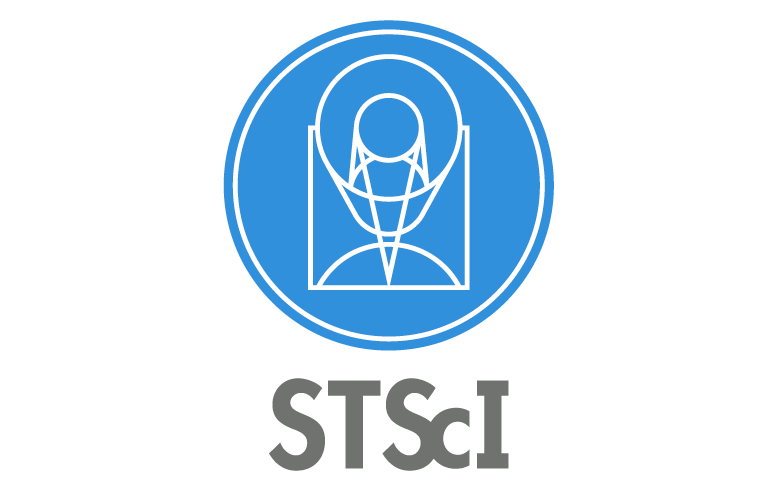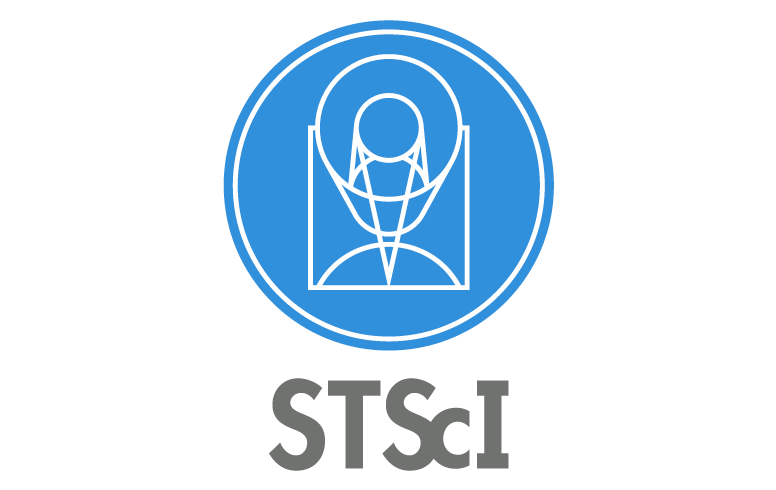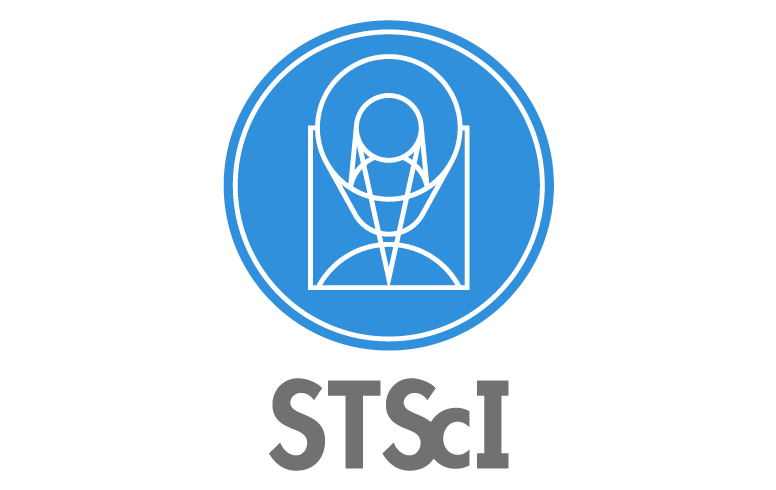
Comets and carbonaceous chondrites are the remnants of molecular cloud material from which our Solar System formed. These bodies are considered to be primitive in the sense that they have been subjected to the least modification following accretion. Both comets and carbonaceous chondrites contain relatively large quantities of refractory organic macromolecular material. For many decades, a lack of consensus has existed as to the ultimate origin of these extraterrestrial organic solids, where confusion largely stems from the fact that throughout the Galaxy there exist many regions were extensive organo-synthesis occurs. Origins theories for primitive Solar System organic solids span from the lowest temperatures in the Interstellar Medium up to 1000 K in the inner Solar System. The best constraint on the origin of refractory organic solids is obtained by detailed studies of the organic solids directly. Using advanced spectroscopic techniques we have identified a plausible source for these organic solids and show that the organic solids in both comets and carbonaceous chondrites share a common origin. The broader implications of these results, both in terms of our understanding of the early history of the inner Solar System objects and the origin of life on Earth, lie in linking the unique properties of these organic solids to events that shaped the origin and evolution of Earth.
 Contemporary Water and Habitability of Mars
Contemporary Water and Habitability of Mars Astrobiology and the Antropocene Epoch
Astrobiology and the Antropocene Epoch Planets, Life, and the Universe Lecture Series (2009 - Present)
Planets, Life, and the Universe Lecture Series (2009 - Present) Blood Falls: Portal Into an Antarctic Subglacial Microbial World
Blood Falls: Portal Into an Antarctic Subglacial Microbial World